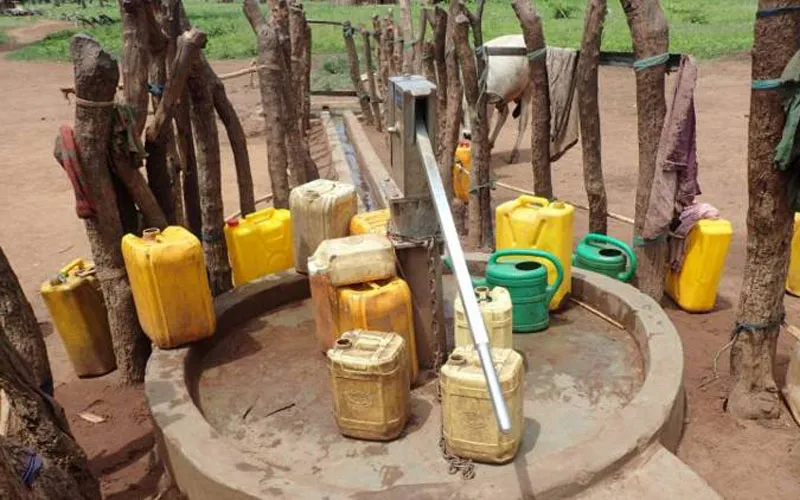Juba, 13 March, 2021 / 2:30 pm (ACI Africa).
The leadership of a Catholic aid agency with programs in South Sudan has, in a report, attributed water shortages in the East-Central African nation to the protracted conflict and vagaries of the climate.
In the March 9 report obtained by ACI Africa, the leadership of the development and humanitarian arm of the Catholic Bishops of England and Wales, the Catholic Agency for Overseas Development (CAFOD), says, “Access to safe water is a key issue resulting from conflict and climate challenges.”
“There are very high water, hygiene and sanitation needs amongst communities driven by violence, flooding and a lack of infrastructure,” CAFOD's Program Coordinator in South Sudan, Tom Delamare has been quoted as saying in the report.
According to officials of the UK-based charity, although the 2018 peace deal between the country’s President and rebel leader has “largely held,” “local-level fighting still carries on throughout the country.”
The situation is exacerbated by “huge challenges around the climate” that have seen citizens of the nine-year-old country grapple with floods, droughts and associated displacement, especially in the “past couple of years,” CAFOD officials add in their March 9 report.








